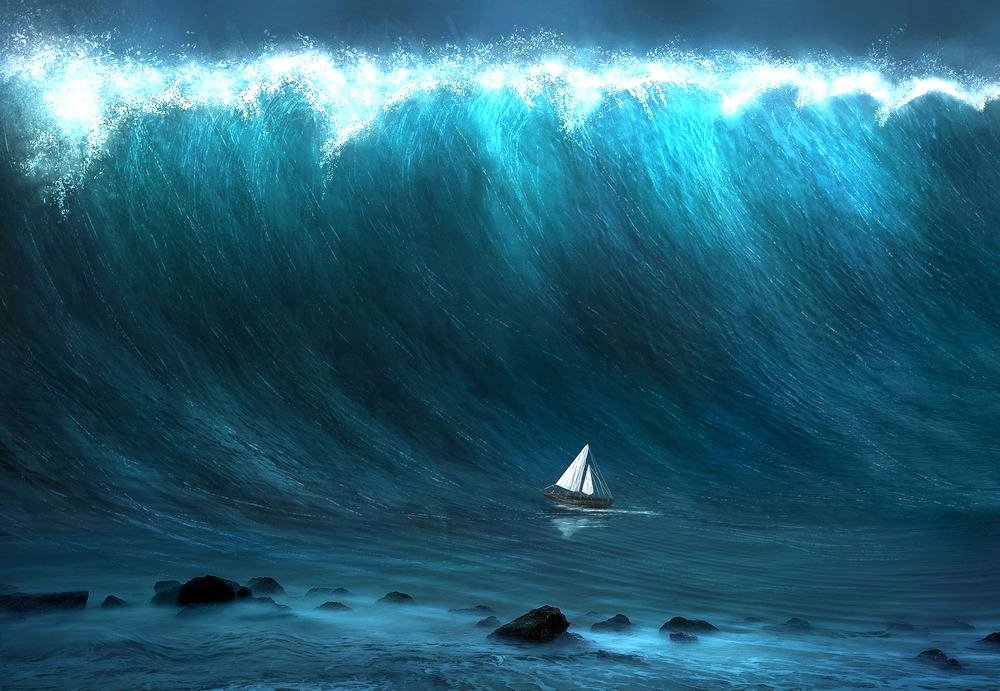Strange that both were released the same year
Anpadh - concerns a college graduate man marrying a barely lettered woman
Dr Vidya - concerns a lady doctor marrying a school-dropout man
Messy uneven films offering striking insights
Sure...they may be fiction, but nevertheless offer a window into how men and women spoke and thought. Barely 50-60 years ago - an age that appears so very remote to us today
There is a huge difference in the attitudes / values of someone born in 1930 vs 1950 and it shows in the films
In Film B an elderly couple (parents of a girl named Geeta), refer to each other as "Geeta ki Ma" and "Geeta ke pita"
It highlights the centrality of the child to their marriage. It defines their marriage.
In fact these days people take offense if you say that the central objective of a marriage is to have kids
Sea change in attitudes..For better or worse
Back in 1962, in many arranged marriages parents arranged just about everything, and the groom and bride often never got an opportunity to even see each other before marriage
In these films, you see that the groom and bride are often v v excited about the marriage. The total lack of knowledge of the spouse in fact adds to the anticipation
While in 1962, most people (even educated ones) saw "love" as something that develops after marriage, in 2018, young people see "love" or at least "rapport / familiarity" as a pre-requisite
Watching old films reminds us on how far we have moved on (or strayed) (depending on one's perspective)
It also reminds us that there are so many ways of living, and that many things that "bother" us were hardly a bother barely 2 generations back
Most "critics" would recommend watching films that have "aged" well
I suggest the opposite
Watch the most badly dated films. As they teach you more about life back then than films in tune with your present sensibilities





